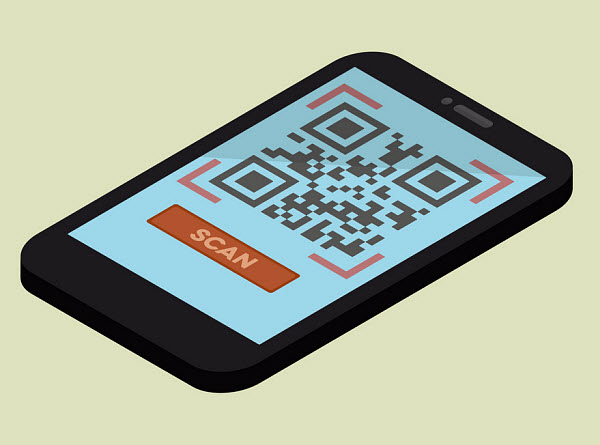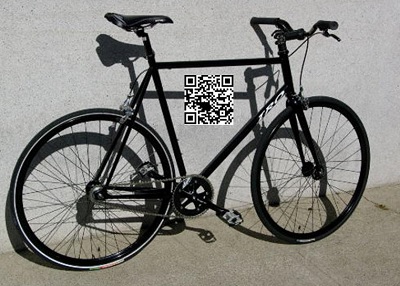In Sterling Heights, Michigan, a teacher and her students have worked together to enhance education.
Sterling Heights, Michigan teacher, Christine Kincaid-Dewey, has worked with her students from the Macomb Mathematics, Science and Technology Center (MMSTC) in order to use QR codes to help to enhance the experience visitors receive when they head to the Nature Center in the city.
As a result of their efforts, the teacher and students have been recognized by the city as “Nice Neighbors”.
The “Nice Neighbor” award was presented to the group by Recreation Supervisor for the city, Mark DiSanto. Following the presentation, DiSanto explained that “Mrs. Kincaid-Dewey and her students undertook a project to bring Quick Response Code technology to the Nature Center’s many exhibits.” The aim of the project was to allow visitors to scan QR codes while at the Nature Center so they can learn more about the exhibits than would be possible to add to display signage.
The QR codes were used to automatically direct smartphone users to the information specific to each exhibit.
 Mobile device users can scan the QRcodes with any free reader app. These scanner applications are available at virtually every app store for devices on nearly every platform. Upon scanning the barcodes, the device automatically directs the user to a URL containing the relevant information.
Mobile device users can scan the QRcodes with any free reader app. These scanner applications are available at virtually every app store for devices on nearly every platform. Upon scanning the barcodes, the device automatically directs the user to a URL containing the relevant information.
DiSanto said that “Mrs. Kincaid-Dewey and her MMSTC students developed unique QR codes that provide unique and interesting facts about the exhibits being viewed,” and went on to add that “This information makes the exhibits come alive in a way that is simply not possible through traditional means.”
Another advantage to using quick response codes is that it is very easy to digitally update the information without having to change the barcode. This process is much more challenging when it comes to having to alter printed signage at an exhibit.
Kincaid-Dewey explained that her inspiration for the project she completed with her students was from previous visits she had made to the Nature Center with the MMSTC Ecology Club and their interest in giving back to it in a helpful and meaningful way.


